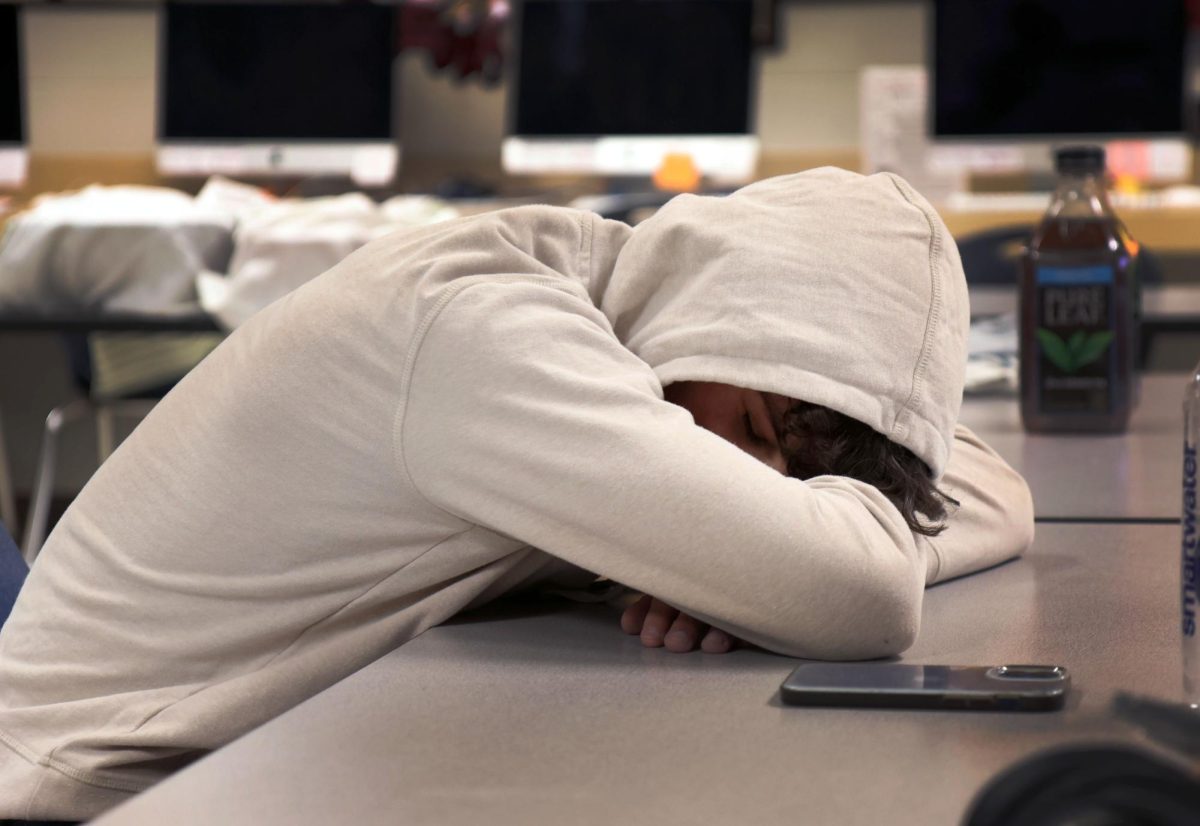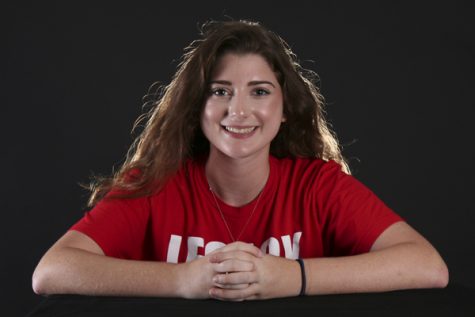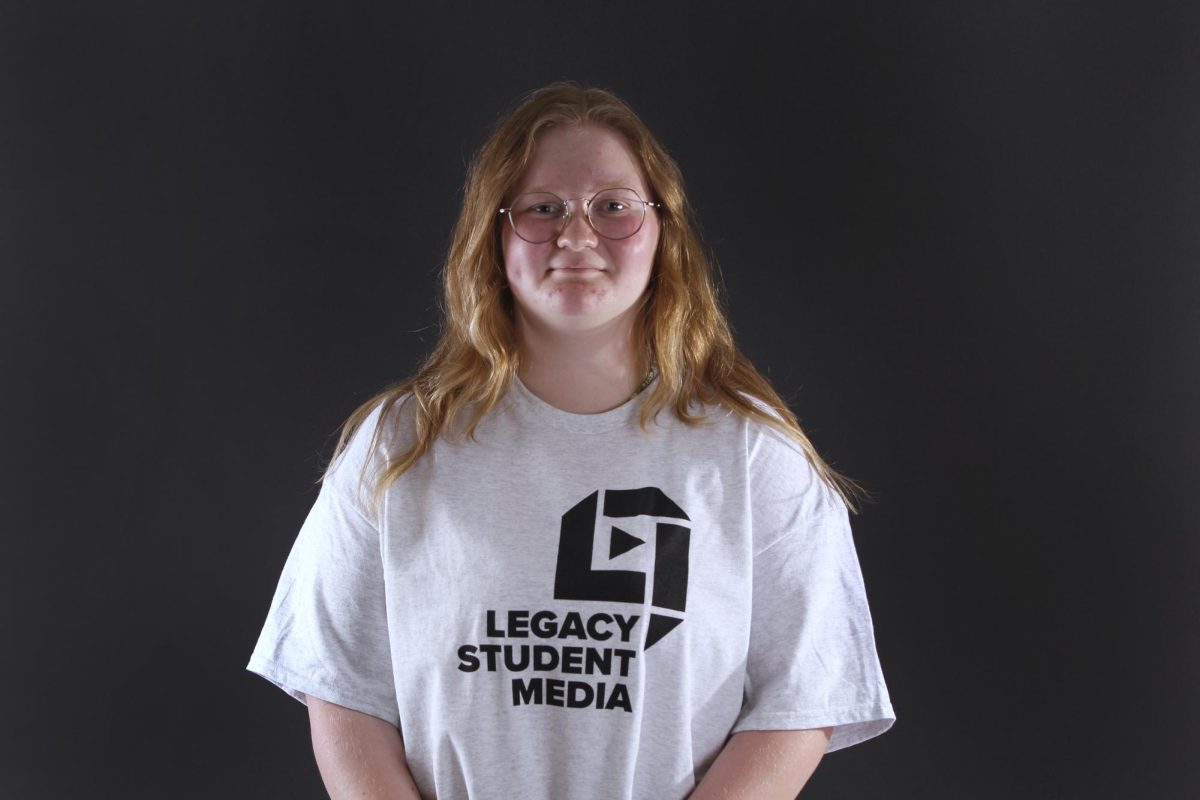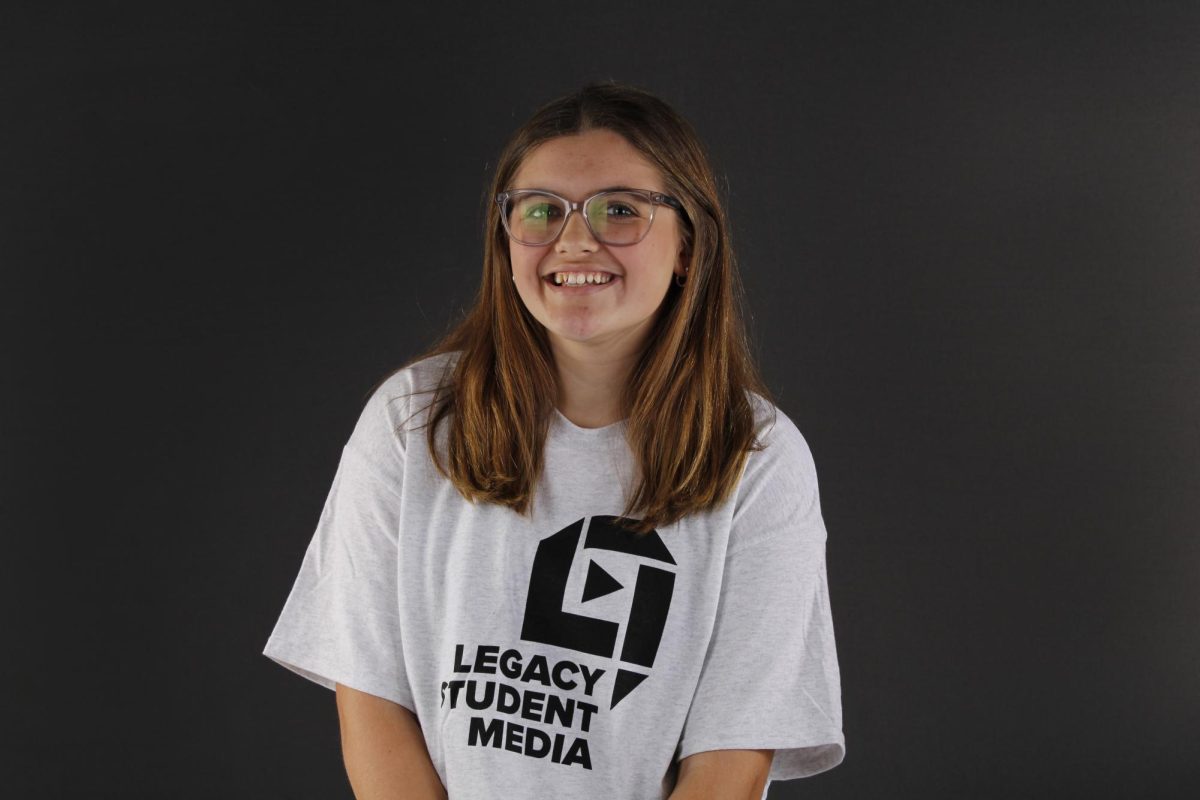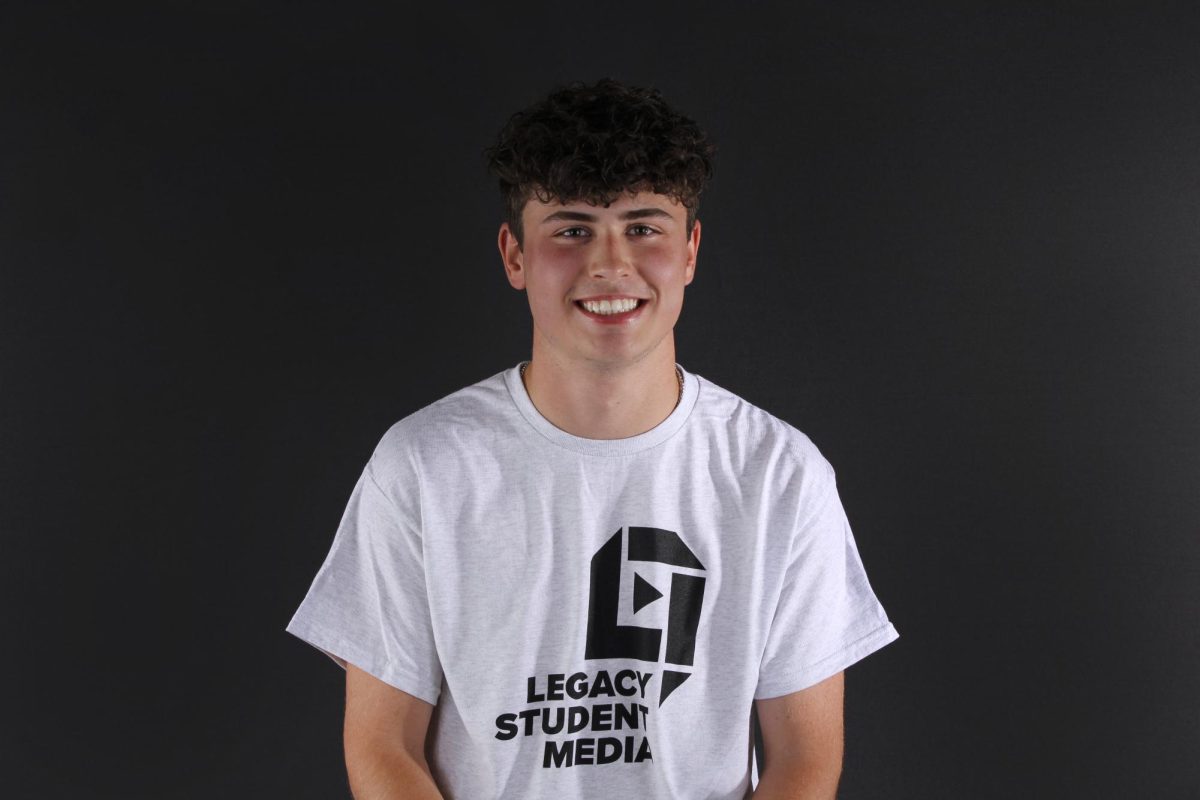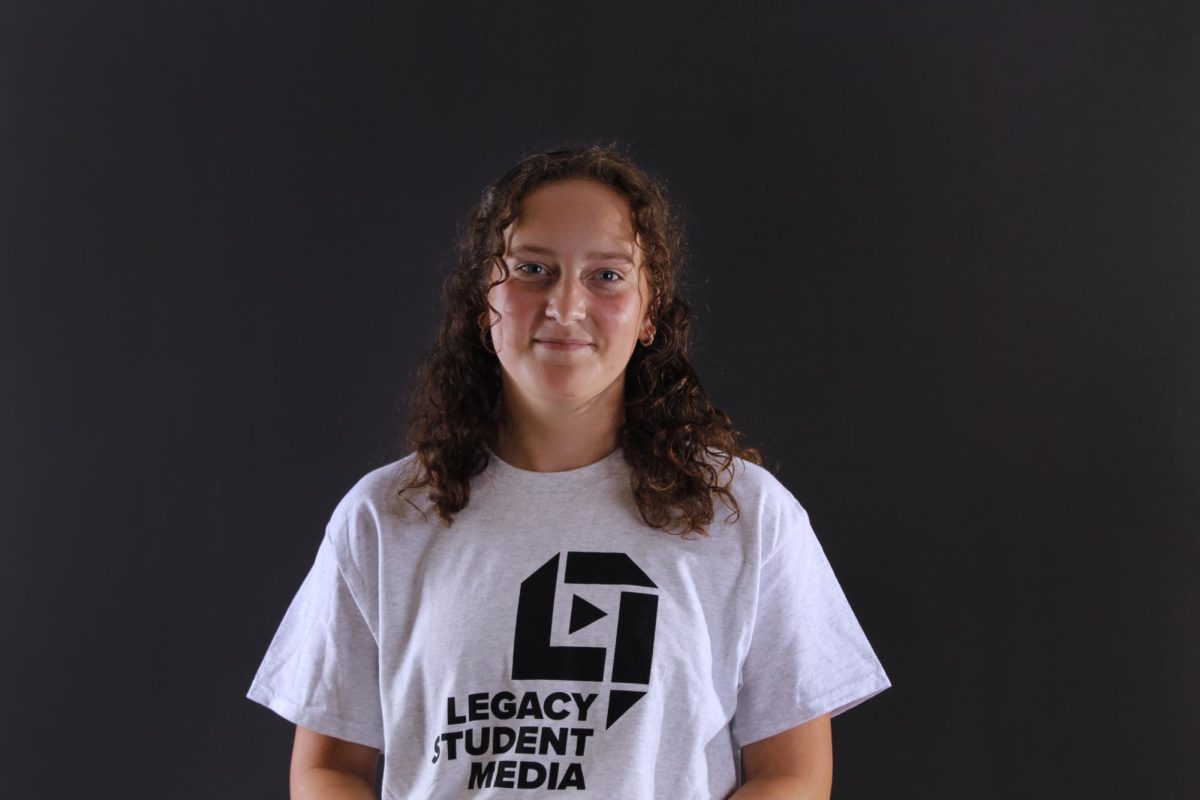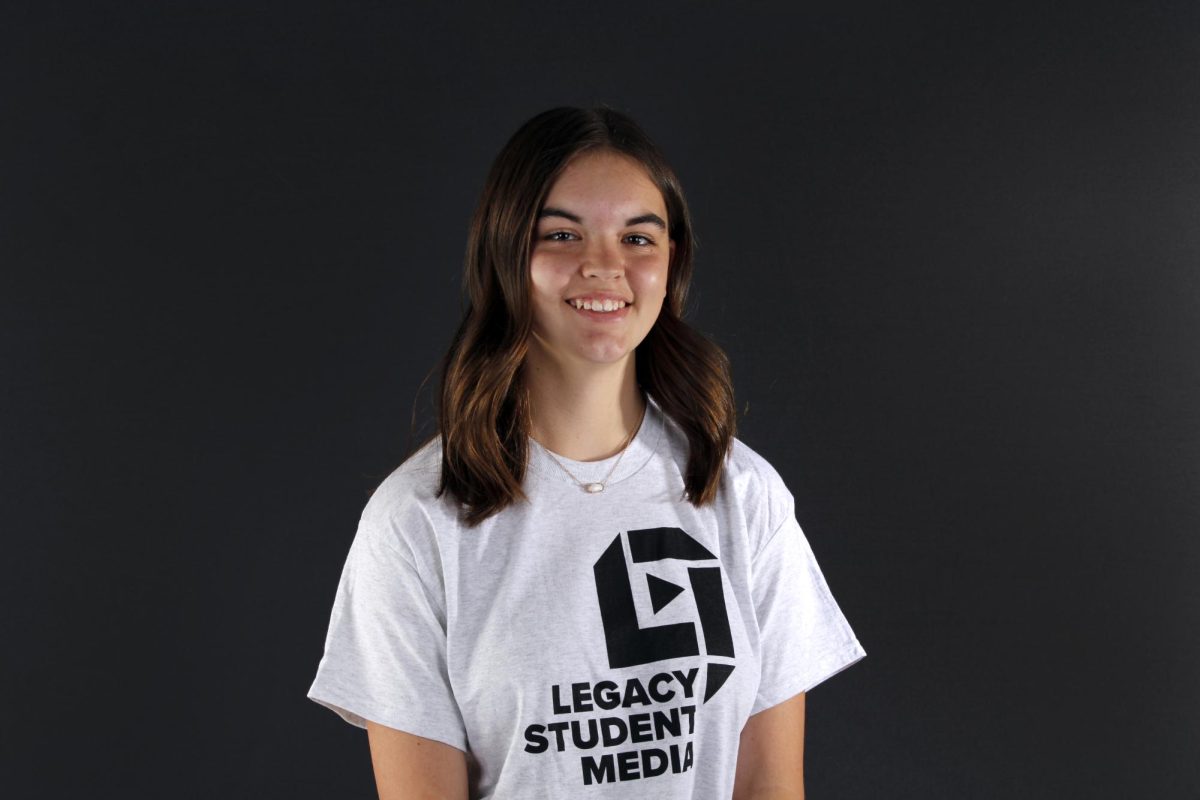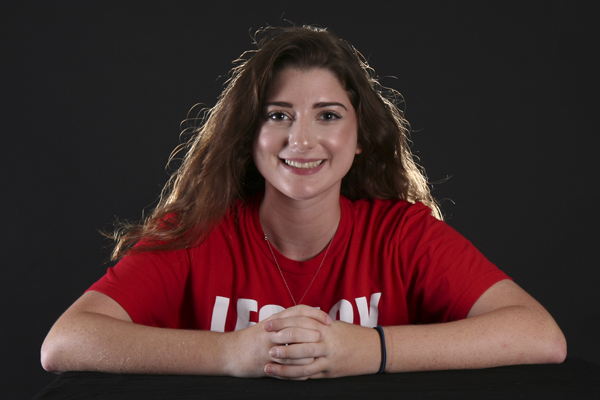
It’s not being sad. It’s not “feeling down.” It’s not the result of a bad day. It’s not a state of mind.
It’s weeks spent in bed because the incredible physical exhaustion makes getting up impossible. It’s the guilt that accompanies letting the lack of motivation lead to abandonment of responsibilities and knowing “I just can’t do it” makes for an unacceptable explanation. It’s the isolation built from canceled plans with friends and the avoidance of family members. It’s a 10-year-old girl left wondering if she’d be better off not being able to feel because living with how she felt didn’t seem worth it.
Clinical depression. Two words that managed to hold years worth of validation. It wasn’t just a diagnosis, it was relief.
When people hear “depression,” they often associate it with situational depression, which is also known as adjustment disorder. This lasts temporarily and stems from a specific, unfortunate event that may occur in a person’s life, like the loss of a loved one. In contrast, clinical depression, also known as major depressive disorder, has no exact known cause but can result from a number of factors, including genetics, chemical imbalances in the brain and certain medical conditions. Clinical depression can present itself at any time in a person’s life and usually gets treated the same way as situational depression: with a combination of talk therapy and medication.
The first time I remember feeling this way was about 7 years ago. My parents were going through a rough divorce and child custody battle. I felt caught in the middle of what was essentially a legal tug-of-war. It reached a point where I spent most nights sitting up at 3 a.m. because the anxiety had manifested itself into frequent panic attacks.
Fast forward a few years later, the parental feuding had gotten better, but I hadn’t. I had more stability, the panic attacks ceased and I was doing okay — except that I wasn’t. It lessened and became easier to deal with, but my depression stuck by me like a counterproductive sidekick who trips over their own feet.
Over the years, I learned to develop what my doctor referred to as “coping mechanisms” or tools which helped to manage what I was going through; they included activities like writing, band and getting more involved with friends and school to keep myself busy.
These things worked, until they didn’t.
In the last year, my struggling became increasingly noticeable and everything I had been using to combat my depression began to fail. My grades slipped. My absences shot up. I started to visibly lose interest in the pastimes I used to wholeheartedly enjoy. I was drowning, and I realized it was time to ask for help.
I’m now on medication, and I can undoubtedly say reaching out was the best decision I could have made — not just in regards to the medical aspect — but also because it gave me a much-needed support system. Depression leads to isolation, and isolation leads to self-doubt, shame, fear and countless other obstacles that make the thought of admitting to a problem feel paralyzing, but people can’t read minds.
Staying silent only fans the flames and halts the road to recovery.
I used to think I was struggling because of who I was because I was lazy, weak or maybe just incompetent. I never really believed I was deserving of help because I knew there were people who had it worse than I did. I’m a privileged girl from a good family. What could I have to be depressed about?
What I didn’t know was it wasn’t my fault.
It wasn’t my personality, or my work ethic — it was my brain. Clinical depression is an illness, just the same as any other, and needs to be treated as such.
The first step is realizing you shouldn’t have to do this alone.





